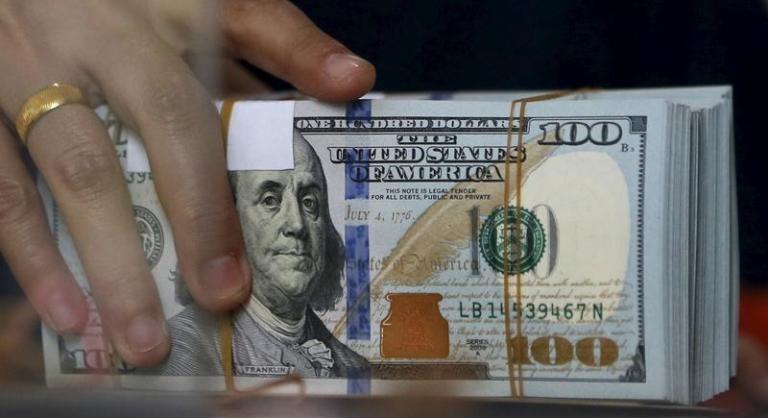U.S. dollar hits record high against Sudanese pound

January 8, 2018 (KHARTOUM) – The U.S. dollar exchange rate on Monday has hit a new all-time high in the black market as the Sudanese pound (SDG) declined to 29.5 per dollar.
Following an unprecedented increase in dollar price last November, the Sudanese authorities introduced new measures allowing for10-year prison term for anyone caught trading on foreign currency outside the banking system or approved institutions.
Also, the Central Bank of Sudan (CBoS) revoked business licenses of a number of gold trade companies saying the decision was prompted by their involvement in currency speculations.
Also, Sudan’s 2018 budget saw an increase in the U.S. dollar official exchange rate to 18.00 pounds (SDG) from 6.9 pounds.
Money traders told Sudan Tribune on Monday the purchase price of the dollar reached 29 pounds while the selling price settled at 29,5 pounds compared to 27,5 and 28 pounds on Sunday.
They attributed the increase in the dollar price to the low supply and high demand from large companies particularly those operating in medicines importation.
A black market trader told Sudan Tribune that most of the Forex traders transferred their activity abroad and in particular to the Gulf States following the recent government security measures.
“The government measures were counterproductive because the dollar price before it was 22 pounds and now it approaches 30 pounds and it would continue to rise until it reaches 50 pounds because the CBoS doesn’t have enough reserves and whenever the official rate increases, the black market would raise its price,” he said
“The black market is the largest source of Forex in the country because it controls the remittances of the Sudanese expats which exceed 6 billion pounds annually,” he added.
The Sudanese pound has lost more than 100% of its value since South Sudan’s secession in 2011, pushing inflation rates to record levels given that the East African nation imports most of its food.
The most recent International Monetary Fund (IMF) report indicated that Sudan’s gross international reserves remained very low in 2017 ($1.1 billion, 1¾ months of imports).
(ST)
